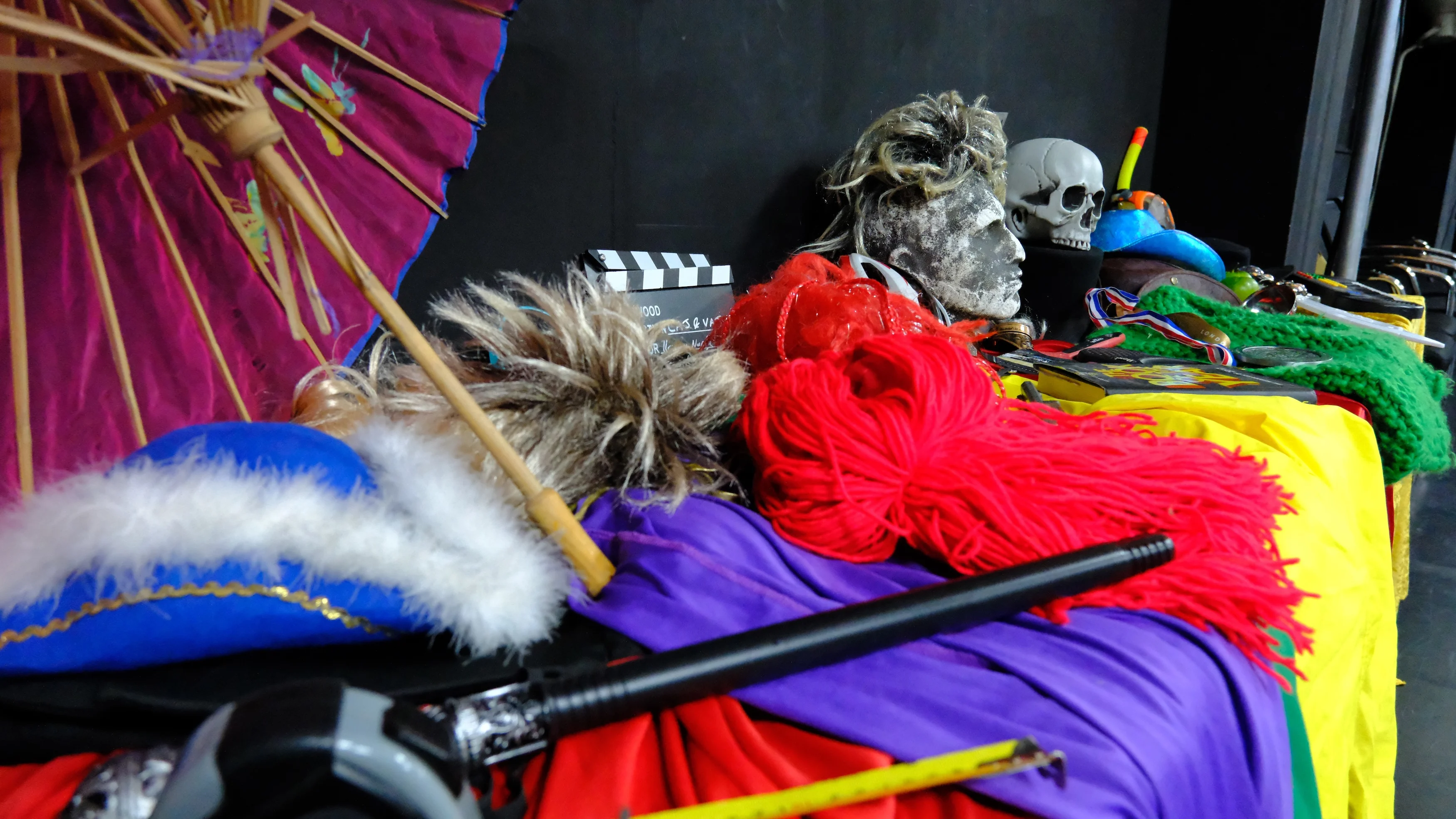
Make Friends Have Fun With Props: Play Games, Discover, Connect - Playface x The Fun Fed
Old Winchester Arms, London
Learn More

This is our main tool for generating sketch ideas. It takes you from everyday life into playable comedy. The process is simple but powerful: spot something true, change it, find the game, and then build funny beats.
Start with something broad that you care about, whether you love it or loathe it. Don’t overthink. Write 10 topics in 30 seconds.
Example: siblings, doctors, clothes shops.
See Listing Themes/ Topics & Items For Writing Comedy
Now get specific. Write 10 true statements about your topic. These don’t have to be funny yet — just recognisable truths the audience will nod along to.
Example: “Older siblings don’t let you in their rooms.”
Pick one observation and subvert or exaggerate it by changing just one detail. You can take it literally, push it to an extreme, or twist its meaning. Generate 5 variations.
Example (from “Older siblings don’t let you in their rooms”):
They don’t let you in any rooms.
They only let you in their room.
They don’t let you into their hearts.
They’ll do absolutely anything to keep you out.
Step back and generalise: what’s the simple game of this situation? Write it in a single clear sentence. Do 3 options for each changed observation.
Example: “Territorial older sibling” / “Secretive older sibling” / “Overprotective older sibling.”
See Game & Point of View
Drop your game into a context. Is it a family dinner, an advert, a competition, a workplace? Different sketch structures can unlock new angles.
Now brainstorm funny moments that express your game. Use Heightening / Escalation to build a list. Spend 5 minutes, don’t censor yourself.
Example (for “Territorial sibling”):
Won’t let you use the fridge or toilet.
Hisses like an animal if you get too close.
Labels every single household item with their name.
See Beat (In Relation to Game)
Pick the strongest beats and order them so they escalate. Cut weaker ones. Think in terms of rhythm: each beat should top the last.
Now draft it in full. Add specificity in dialogue and detail — the more concrete, the funnier.
Start from specifics; the more grounded your initial truth, the funnier the changes.
Keep each step separate. Beginners often jump ahead to beats or mistake “change” for “game.”
The best games are usually the simplest to describe.
A single observation can yield multiple games: sometimes close to the source, sometimes several steps away. Try both.
Do the process quickly and multiple times. Don’t spend forever polishing the first idea — you’ll get more raw material by running through the cycle a few times.
Follow the fun: if a twist excites you, chase it. The process is a guide, not a cage.
